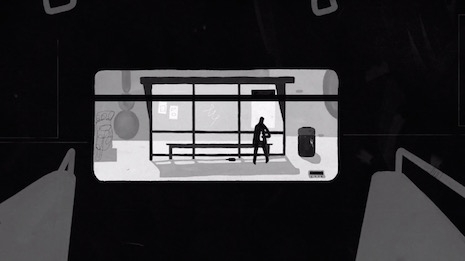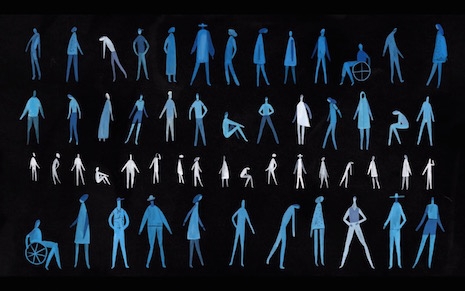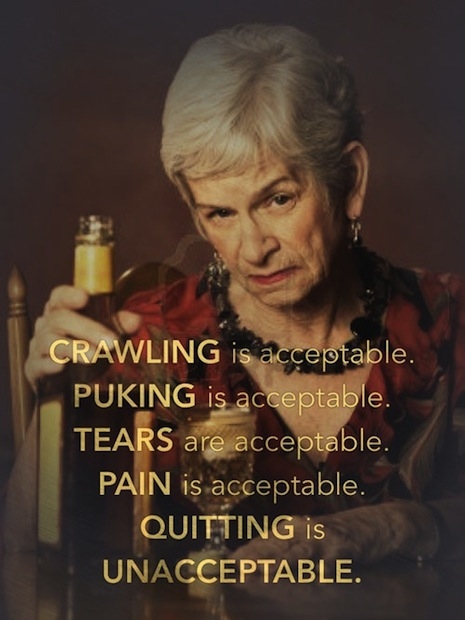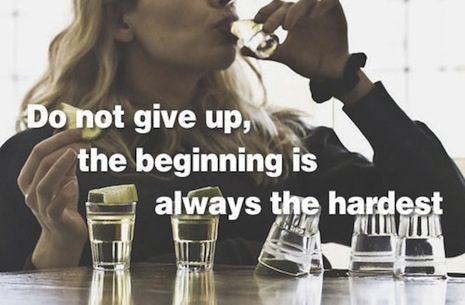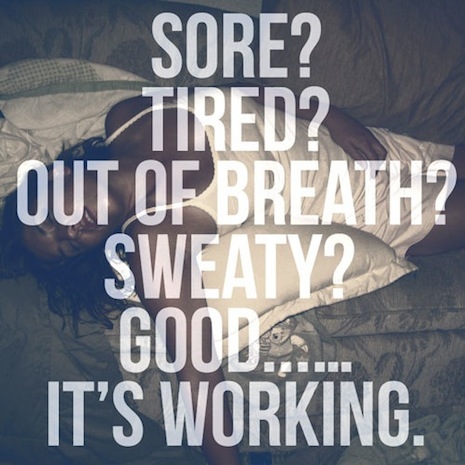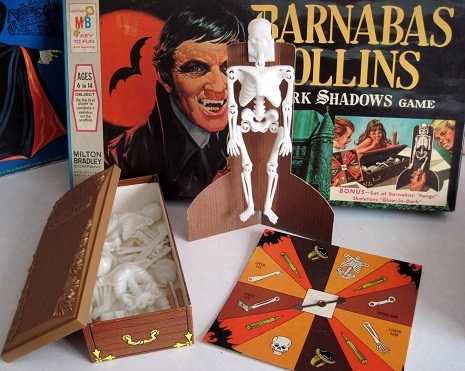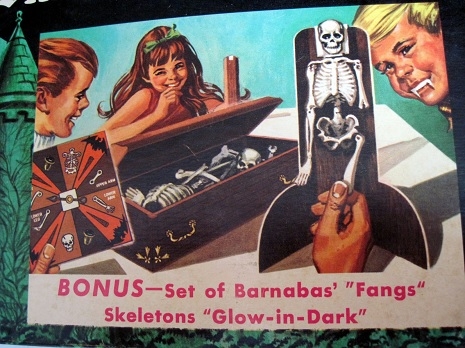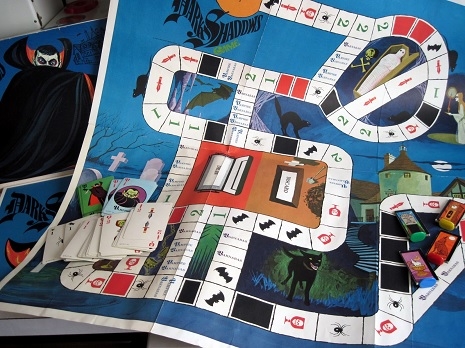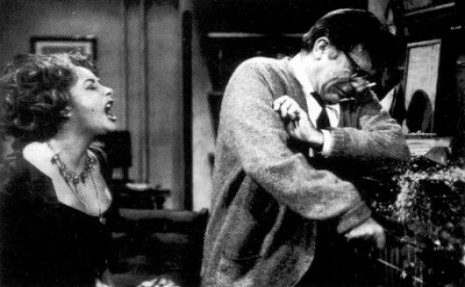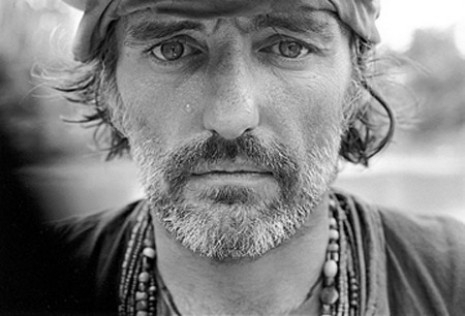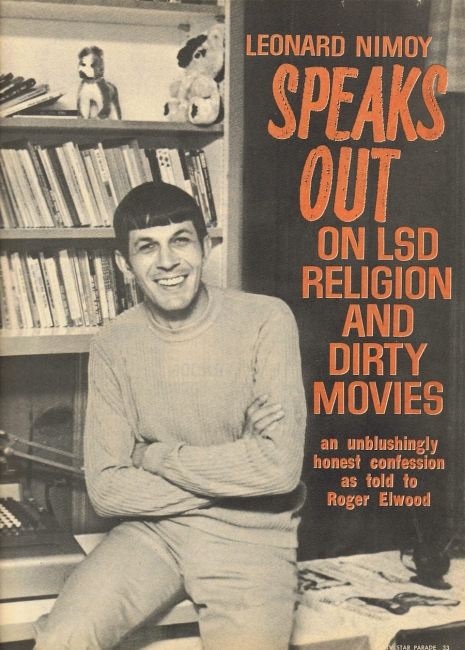
Throughout his life, the actor Leonard Nimoy appeared to be always open to discussing nearly everything in his life. He answered questions frankly and honestly on subjects as diverse as space travel, photography, or his own personal tastes in music or books. He answered these questions in a seemingly calm and rational way. His ability to do so was most possibly down to the very real personality changes brought on by playing Mr. Spock on hit TV series Star Trek. This was something Nimoy touched upon in an interview with TV Star Parade magazine in January 1968, where he discussed his thoughts about adult movies and the liberating potential of psychoactive drugs.
In the article “Leonard Nimoy Speaks Out on LSD, Religion and Dirty Movies—an unblushingly honest confession as told to Roger Elwood,” the actor was interviewed in the Polo Lounge of the Beverly Hills Hotel. He is described as being “relaxed and comfortable” and sipping from a “glass of ginger liquid.” Who knows what was in this amber nectar but the main interest here was the actor’s comments on LSD and “dirty movies,” as Elwood wrote:
And so is the topic of LSD. The self-hallucinatory drug. The ticket to a trip somewhere at the farthest reaches of man’s intellect. Or so its proponents say without telling you of the dangers, the obstacles on the road to mental Utopia.
Leonard is especially outspoken on the subject, apparently one to which he has devoted a great deal of time and serious thought.
“It is a useful tool in the hands of proper medical experts,” he told me. “I am convinced, as a result of reports that I have read, that it will bring about some very useful effects in certain instances and under suitable and necessary medical controls. However, as it is being used by so many young people as a means of escape and personal investigation without control, I consider it rather dangerous.”
But Mr. Spock wasn’t finished there.
He paused, obviously thinking of his own children and hoping that, as they got older, they wouldn’t be similarly imperiled.
Then, clearing his throat, he continued, “There have been too many unsettling reports of young people using it without the necessary supervision and having difficulty recuperating from the trip. In many cases, I believe that young people resort to drugs with the excuse that it will help develop their minds, whereas they haven’t done the necessary work involved for themselves so that this could happen.
“The point is—they are looking for a drug or pill which will do the work for them, and this attitude in life is disastrous whether LSD is involved or not. The drugs can, I understand, be properly used, when the essential mental climate and conditions are already present—however, I believe in natural development processes of the mind. The creative process for me has always operated best at the very conscious level—in other words, only when I’m in complete control of my own thinking do I feel that I am creating at my best.”
As a sidebar, it’s worth noting that Nimoy was so in “control” of his personal life during the making of the original Star Trek series that he became (by his own admission) an alcoholic and ended up in rehab. This may have been as a result of Nimoy’s identifying with the character of Mr. Spock. He later claimed acting Spock twelve hours, five days a week, impacted on his personality making him more rational but less emotional.
More from Mr. Spock, after the jump….






